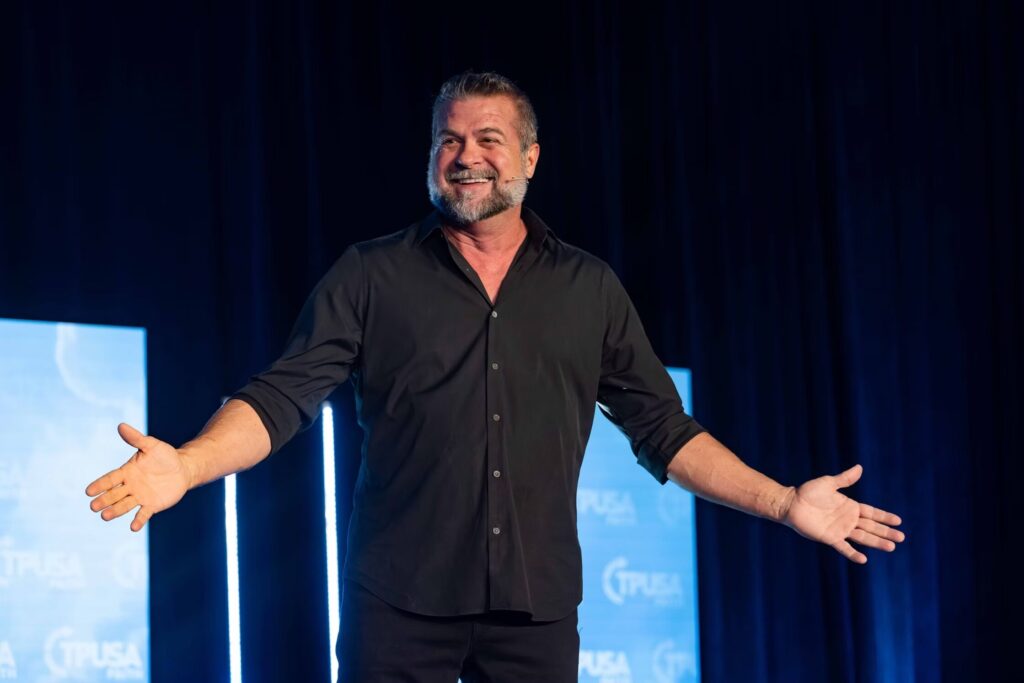Senate bill seeks to punish internet sex trafficking ads
Washington – Witnesses at a Senate hearing Tuesday urged a crackdown on Internet sites that encourage sex trafficking in a problem that has touched Colorado as much as other states.
They said current laws make it too easy for websites to escape responsibility for their wrongdoing by arguing they are acting within their free speech rights.
The result is a rise in children and women being sold for sex through classified ad websites such as Backpage.com, according to lawyers and witnesses from advocacy groups. Seventy-three percent of sex trafficking cases are negotiated through Backpage ads, they said.
“She had been beaten, raped, strangled and if that wasn’t bad enough, he slit her throat all because she said no, she didn’t want to do this again,” said Yvonne Ambrose, a Chicago mother describing the murder of her 16-year-old daughter.
A pimp had advertised her on Backpage under a headline that said, “New Girl in Town Looking to Have Fun.”
After a 32-year-old man responded to the ad, the pimp drove the teenager to his home, where she never returned.
If websites operated under stricter rules to regulate sex trafficking, “My child would still be alive today,” Ambrose said. “If we don’t speak up now, these websites will continue to profit off trafficking of our babies.”
However, advocates for Internet businesses say the pending Senate bill, called the Stop Enabling Sex Traffickers Act (SESTA), is deeply flawed.
They agreed stopping sex trafficking was a worthwhile goal but the pending legislation would raise the cost of Internet trade, drive some companies out of business and subject others to lawsuits that should be blamed on their customers, not the website operators.
“SESTA introduces overly broad concepts of civil and criminal liability,” said Abigail Slater, an attorney for the industry group Internet Association. The legislation would lead to “frivolous lawsuits” that hurt the growth of the Internet, she said.
The Stop Enabling Sex Traffickers Act would amend the Communications Decency Act of 1996, which created criminal liability for transmitting pornography over the Internet.
The controversy that prompted calls for change came from Section 230 of the Act, which provides immunity from liability for Internet companies and their users who publish information from other persons on the websites.
Backpage, for example, publishes a variety of classified ads from other persons. Only a few of them appear to solicit sex.
The Stop Enabling Sex Traffickers Act would revamp the Section 230 immunity.
It would authorize state and federal law enforcement personnel to prosecute persons who post Internet ads from sex traffickers as well as website owners who encourage them. It also would make them liable in lawsuits for the harm they cause.
Opponents of the Stop Enabling Sex Traffickers Act say it would create runaway liability to major Internet companies, such as Google and Craigslist, which can prevent only some of the inappropriate behavior on their global websites.
“I’m concerned that SESTA is not the right solution to stopping sex trafficking,” Eric Goldman, a Santa Clara, Calif., University law professor, told the Senate Commerce, Science and Transportation Committee.
Colorado Sen. Cory Gardner, who is a member of the committee, did not speak during the hearing Tuesday.
A spokesman for Rep. Doug Lamborn (R-Colorado Springs) told Colorado Politics he is awaiting a similar bill to be introduced in the House of Representatives.
“Congressman Lamborn supports allowing victims of sex trafficking to sue Internet companies that knowingly profit off the victimization of the most vulnerable people in our communities,” said Dean Miller, Lamborn’s spokesman.
Amanda Finger, a member of the Golden-based Colorado Human Trafficking Council, said about the Stop Enabling Sex Traffickers Act, “In principle, it should be great.”
However, she wondered whether the Senate bill would be effective.
“You would have a lot of people who are freely choosing to participate in the commercial sex industry, which has not been completely accounted for in this bill,” Finger said.
The Colorado Human Trafficking Council was organized in 2014 under legislation supported by Gov. John Hickenlooper. Its recent efforts have included trying to figure out the extent and source of human trafficking in Colorado.
“Absolutely it’s a problem,” Finger said.
Some of Colorado’s worst sex trafficking is associated with travelers near the interchange of Interstate 25 and Interstate 70 north of Denver and military bases near Colorado Springs, she said.











